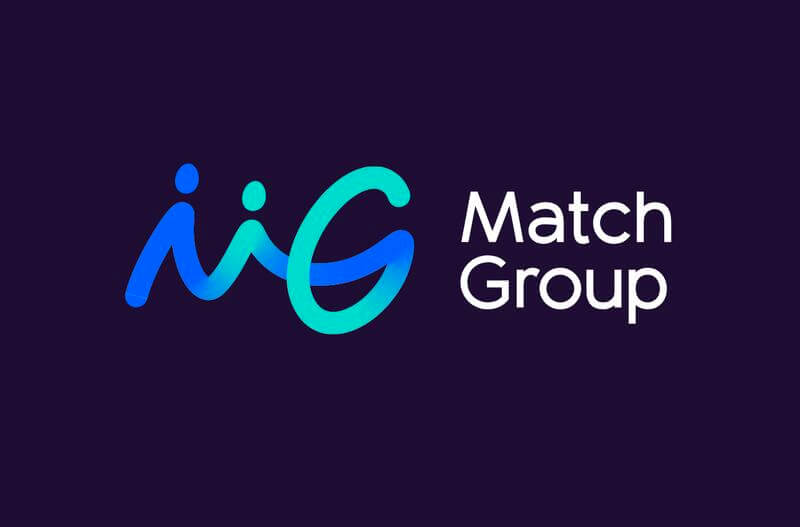Match Group, the parent company of popular dating apps like Tinder and Hinge, is undergoing a significant restructuring that includes a 13% workforce reduction, while simultaneously projecting revenue exceeding expectations. This move marks the first major strategic shift under CEO Spencer Rascoff, who assumed leadership in February 2025.
Restructuring for Efficiency and Innovation
The restructuring aims to create a more integrated, product-led company focused on accelerating innovation, improving execution, and delivering better outcomes for users. Match Group is becoming a flatter, more nimble organization with fewer layers and more empowered teams. Key functions, including technology and data services, customer care and content moderation, media buying, and international go-to-market functions, are being centralized to reduce duplication and unlock scale. These changes are intended to streamline operations, improve company-wide communication and collaboration, and ultimately drive user growth, revenue expansion, and long-term shareholder value. The company expects these cost-cutting measures and reorganization to save around $45 million in 2025 and over $100 million annually.
Workforce Reduction Details
The 13% workforce reduction is expected to impact approximately 325 employees, based on the company's annual filing as of December 2024, which reported a total staff count of around 2,500. This decision is part of a broader effort to sharpen the company's focus and improve efficiency across its multi-brand portfolio.
Financial Performance and Outlook
Match Group announced its Q1 2025 financial results, revealing mixed performance. While revenue slightly exceeded forecasts, earnings per share (EPS) fell short of expectations. Total revenue reached $831 million, down 3% year-over-year, but slightly above the forecast of $827.4 million. The company posted an EPS of $0.44, missing the expected $0.66. Despite these challenges, Hinge's direct revenue grew by 23%, contrasting with a 7% decline in Tinder's direct revenue.
For Q2 2025, Match Group expects total revenue to range from $850 million to $860 million, which is slightly above the analyst average estimate of $846.7 million. The company maintains its full-year 2025 revenue guidance between $3.375 billion and $3.500 billion.
Strategic Focus and Challenges
Match Group's strategic focus is transitioning toward maximizing shareholder returns while managing mature and declining portions of its portfolio. The company is introducing a dividend program, reinforcing this shift toward returning capital rather than pursuing aggressive growth investments.
The online dating industry faces an industry-wide contraction after years of growth. Tinder has reported consecutive quarters of declining paid user numbers, and the average time users spend on dating apps has decreased. This contraction extends to competitors like Bumble, indicating a fundamental shift in the dating app business model.
Bright Spots and Future Initiatives
Despite the challenges, Hinge remains a growth engine for Match Group, with consistent revenue increases and expanding payer numbers. The company is also launching several new features on Tinder, including AI-enabled Discovery, Double Date, and The Game Game™, aimed at creating more social, low-pressure experiences for Gen Z users. Match Group continues to test new Trust & Safety features on Tinder to improve platform integrity and rolled out Hinge's new AI-powered recommendation algorithm, which has driven a 15%+ increase in matches and contact exchanges. The company is also focused on geographical expansion efforts across Hinge, The League, Azar, and Pairs, extending its reach and unlocking new growth opportunities.
Overall Impact
Match Group's restructuring and workforce reduction reflect a broader trend of cost-cutting and efficiency improvements among major employers. While the company faces challenges in user engagement and revenue growth in some segments, it is taking proactive steps to streamline operations, invest in innovation, and position itself for long-term success. The company's strong free cash flow and commitment to returning capital to shareholders suggest confidence in its future prospects.

















